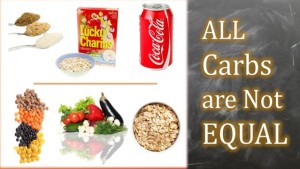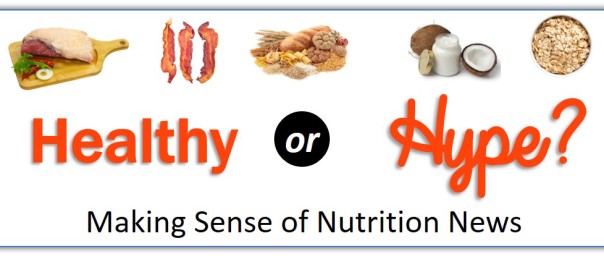Interpreting nutrition and health news can be confusing, especially with internet “experts,” biased journalists, company marketing efforts, and headlines of single studies. These outlets recognize that people are drawn to exceptional or miraculous stories that elicit an emotional response.
Good science is the best tool that we have to figure out how something is influencing our health. But finding out “what works” is rarely the result of a single study, but often years of research from various disciplines. Here are some of my resources to help you find information based on the best available scientific evidence.
Healthy or Hype Resources
Healthy or Hype Series
In this series, I take an in depth look at the scientific evidence behind some popular health claims or foods to see if they stand up to the hype or health claims behind them. Find out the truth about agave syrup, coconut oil, protein powders, bulletproof coffee, and more here.
- Healthy or Hype? Almond Milk
- Healthy or Hype? Agave Syrup
- Healthy or Hype? Gluten-Free Diets
- Healthy or Hype? Buttered/Bulletproof Coffee
- Healthy or Hype? Veggie Chips
- Healthy or Hype? Chocolate Milk for Recovery
- Healthy or Hype? Coconut Oil
- Healthy or Hype? Protein Powder
- Healthy or Hype? “Natural” Sweeteners
- Healthy or Hype? Turmeric
 News and Reviews of Popular Diets
News and Reviews of Popular Diets
Are you curious about a certain diet? Do you want to give advice to a friend who’s following an eating plan that doesn’t make a lot of sense to you? Read more here.
Nutrition “Experts” You Shouldn’t Trust
Misinformation on nutrition and health seems more prevalent than evidence-based information. And it’s becoming more challenging to figure out just who the experts are. Misinterpreted science, cherry-picked studies, conspiracies, and alluring anecdotes are the tools that many pseudoscience peddlers use to sell their stories. This page lists some of the more popular people or websites that do not provide evidence-based advice, along with links to articles that explain their lack of credibility and debunk many of their myths.
 Myths and Misconceptions About Healthy Eating
Myths and Misconceptions About Healthy Eating
Will carbohydrates make you fat? Is almond milk nutritious? Does dairy promote inflammation? Is wheat/gluten/grains bad for you? This page looks at the scientific evidence behind some of the more popular myths and misconceptions.
Healthy Eating Resources (with experts in Health and Nutrition Debunking)
To evaluate a diet, health claims, exercise regime, practices, or products, you should consult sources who use the best scientific evidence available while considering cumulative scientific knowledge in that area. This page lists experts who debunk popular health and nutrition misinformation, and includes resources who use an evidence-based approach to health advice.
General Information
Nutrition research is difficult to conduct and interpret. How much weight should you give to individual studies? Just because a study was conducted in mice, or because a human study was “observational” doesn’t mean it should be discounted. And even the results of long-term well-designed clinical trials need to be carefully interpreted. (If you’re curious about how to weight various evidence, here’s a good primer).
Nutrition researchers do recognize the limitations of dietary data and implications for making evidence-based recommendations. Importantly, experts often have strict methodologies for examining the scientific literature for diet recommendations (see how the WHO’s World Cancer Research Fund evaluates the science for their Expert Reports on diet and cancer in Ch. 3 – Judging the Evidence). Unfortunately, the same can’t be said for many popular books and news articles (here is an example of “fact checking” in Nina Teicholz popular book The Big Fat Surprise).
To evaluate diet and health claims you should consult sources who interpret the best scientific evidence available while considering cumulative scientific knowledge in that area.
_______
Page updated February 8, 2017
Share This: